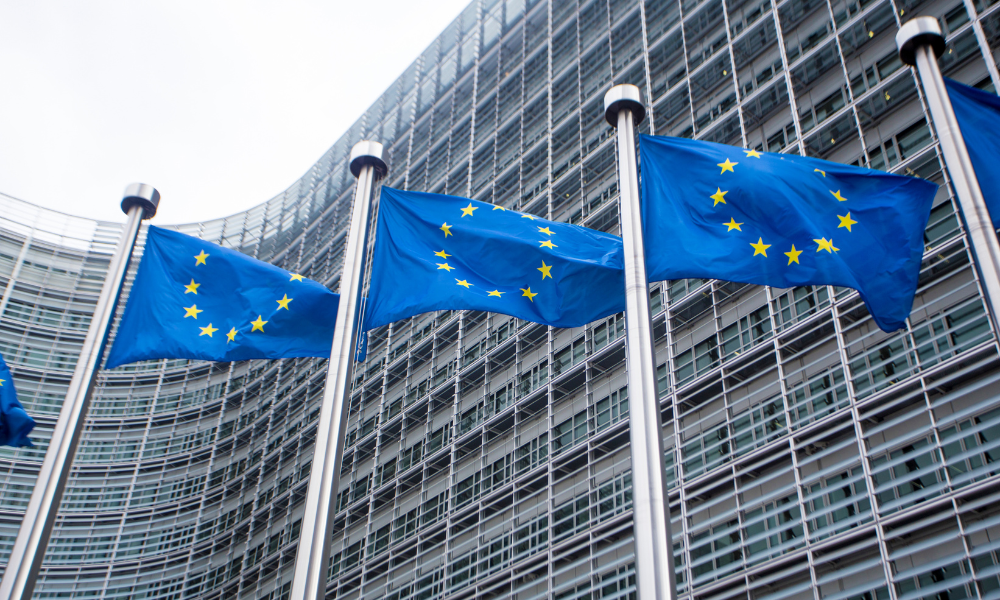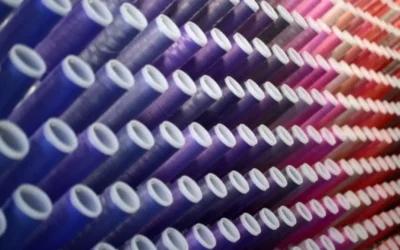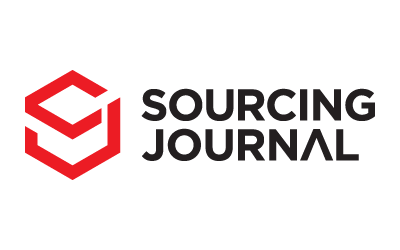In a landmark decision, the European Parliament has officially endorsed the Greenwashing Directive, signaling a pivotal moment in the EU’s commitment to environmental protection and consumer empowerment. Scheduled to be published in the EU Official Journal after the Council’s endorsement, this directive aims to equip consumers with reliable sustainability information, thereby fostering a green transition across the region.
At its core, the Greenwashing Directive seeks to amend existing regulations to address the proliferation of misleading sustainability claims in the marketplace. By amending Directive 2005/29 on Unfair Business-to-Consumer Practices, it sets out specific rules governing environmental and social claims made by businesses operating within the EU/EEA.
The scope of the directive is expansive, covering sustainability claims pertaining to products, brands, companies, or services in a business-to-consumer context. This encompasses both environmental claims, often referred to as “greenwashing,” and social characteristic claims, including aspects like fair labor practices and ethical sourcing.
Key provisions of the directive focus on combating misleading advertising practices related to sustainability claims. For instance, claims containing false information or those that deceive consumers about the environmental or social characteristics of a product will be deemed misleading. Similarly, generic environmental claims, unless substantiated by recognized environmental performance standards, will be prohibited.
Of particular significance is the directive’s prohibition of certain practices deemed unfair regardless of whether they are misleading. These include the use of sustainability labels not based on independent certification schemes, as well as claims reflecting mere legal compliance rather than proactive environmental or social efforts.
Looking ahead, member states will have 24 months to transpose the directive into national legislation. However, some countries may act sooner, given the increasing scrutiny and enforcement against greenwashing practices in recent years.
For businesses operating in the EU/EEA, compliance with the Greenwashing Directive will be paramount. Navigating these regulatory requirements while aligning with business objectives can be complex, but assistance is available. Covington stands ready to support companies in understanding and adhering to these new standards, ensuring transparency and integrity in their sustainability communications.
Furthermore, as the EU progresses towards adopting the Proposed Green Claims Directive, which focuses exclusively on environmental claims, continued monitoring of legislative developments will be essential. Covington remains committed to assisting companies in navigating evolving regulatory landscapes, both in the EU and beyond.
In a world increasingly focused on sustainability, the Greenwashing Directive represents a significant step towards empowering consumers and fostering genuine environmental stewardship. By fostering trust and accountability, it paves the way for a greener, more sustainable future for all.




